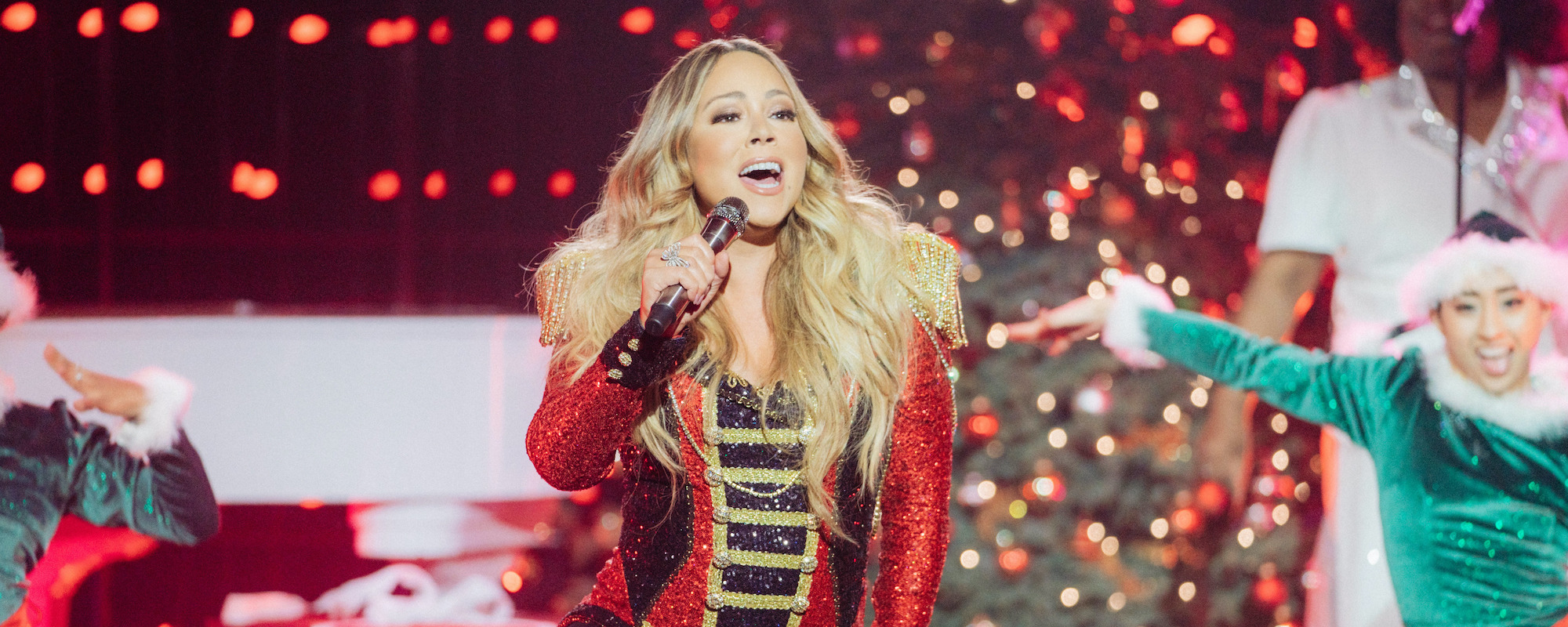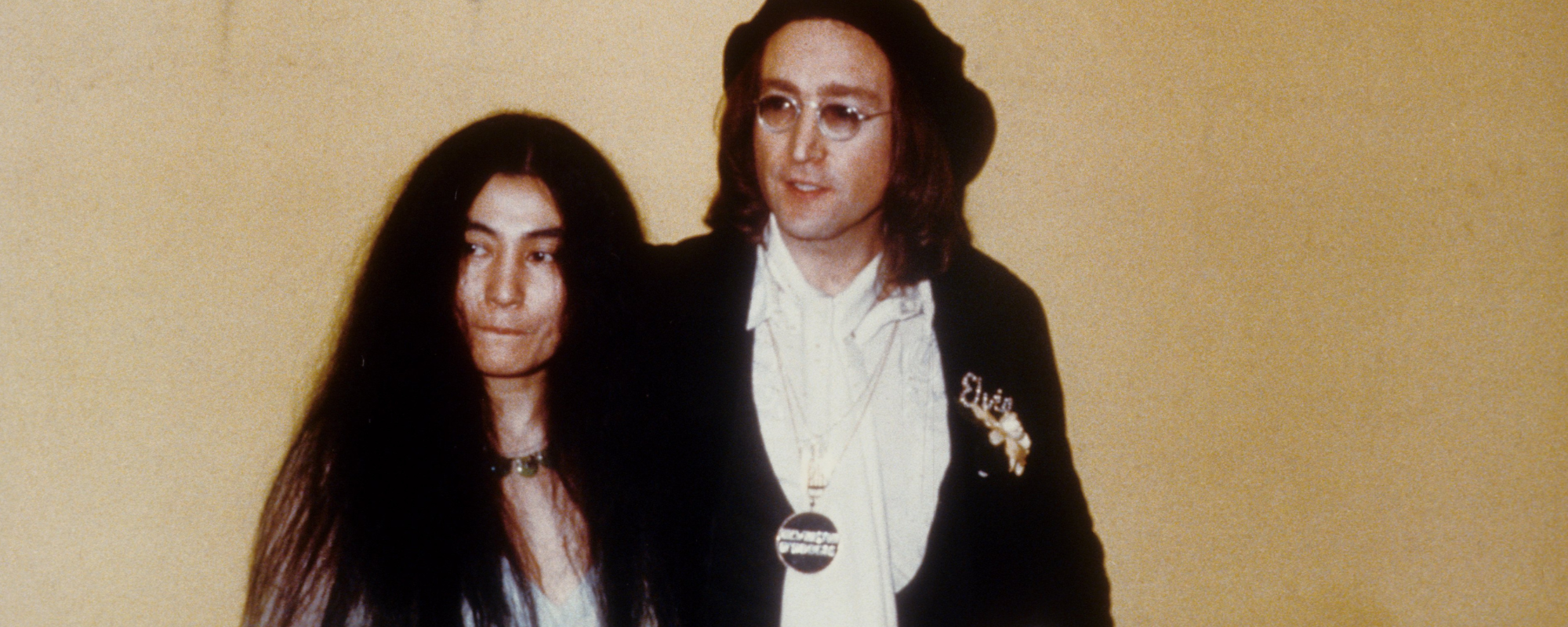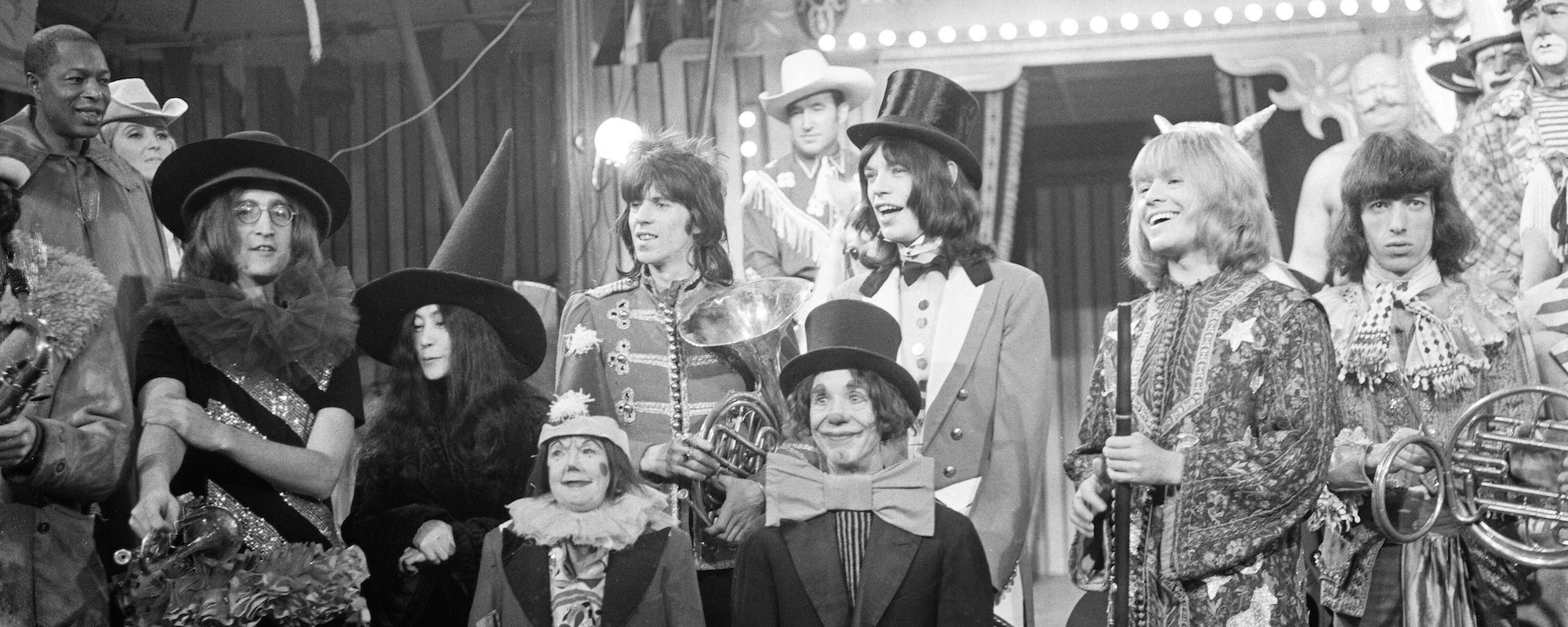Most people are wise enough to know that the riches and fame of rock stars don’t always guarantee an absence of personal problems. Few artists, however, wrote as fearlessly about their issues and inner demons as John Lennon.
Videos by American Songwriter
On his 1970 album, John Lennon/Plastic Ono Band, Lennon laid bare for all the world to hear not just the ghosts of his past, but also the turmoil he was enduring in the present. “Isolation” stands out as one of the album’s most harrowing songs, as the artist revealed the fear and paranoia he and his wife Yoko Ono felt at the time.
A Closer Look at Lennon
John Lennon was undergoing a kind of perfect storm of circumstances that informed the creation of his first solo album. Obviously, the end of The Beatles had a lot to do with it. Even though Lennon had precipitated the breakup, it still meant intense scrutiny from fans and press about what he would do without his bandmates.
Lennon was also battling to try to kick a drug habit he’d developed, all while keeping a busy schedule promoting peace with wife Yoko Ono. To top it all off, he was undergoing therapy, specifically the intense primal screaming therapy method favored by Dr. Arthur Janov.
With all that, it’s no surprise Lennon wasn’t writing cheery pop songs. At that point, his need to unburden himself outweighed any concerns about the commercial viability of his music. That’s why Lennon kept the music stark, recruiting old friend Klaus Voorman to play bass and fellow ex-Beatle Ringo Starr on drums for a simple trio approach.
On “Isolation,” Lennon played some soulful piano and a bit of organ to add just a touch of color. The song details just how much pressure Lennon and Ono felt from the outside world. Whether real or imagined, this pressure caused them to feel like they were two people on their own battling everyone else outside their bubble.
Behind the Meaning of “Isolation”
Lennon’s goal with “Isolation” seems to have been to both let the world know exactly how difficult his and Yoko’s life had become, and to make clear that those outside the duo were an active part of the problem. People say we’ve got it made, he begins. Don’t they know we’re so afraid?
Everybody got to have a home, he sings in the second verse. You would think that a celebrity like Lennon would feel welcome anywhere, but such were the depths of his despair that he felt like there was no safe harbor for him. He hints at his and Ono’s lofty ambitions (Tryin’ to change the whole wide world), and the unspoken question is why such a noble goal should engender such skepticism as the couple routinely faced.
Lennon hints gossip and hearsay have a way of narrowing the scope: The world is just a little town. In the bridge, whose structure is partially borrowed from the Barrett Strong R&B song “Oh I Apologize,” he directly addresses his accusers and persecutors, and grants them measured forgiveness: But then again, you’re not to blame / You’re just a human, a victim of the insane.
By the end of the song, Lennon is at the point where he doesn’t even want to go out and face the light: We’re afraid of the sun. Add to his list of worries the possibility of nuclear extinction: The sun will never disappear / But the world may not have many years.
“Isolation” doesn’t let up with its unrelenting bleakness. It’s a testament to John Lennon that he was willing to deliver such an unsparing message. Then again, Lennon pretty much had no filter at that time between what was in his heart and mind and what went down on the songwriting page, which is why songs like this one still sound so searing after all these years.
When you purchase through links on our site, we may earn an affiliate commission.
Photo by Chris Walter/Getty Images













Leave a Reply
Only members can comment. Become a member. Already a member? Log in.